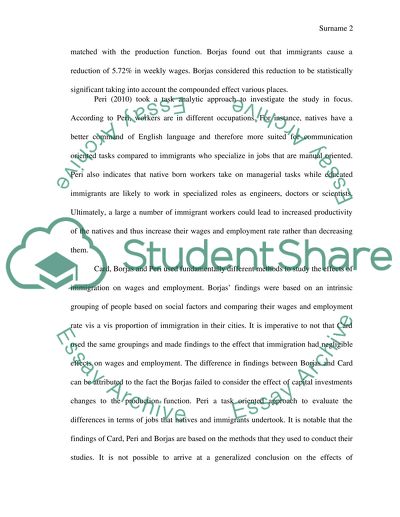Cite this document
(“The Effects of Immigration on Wages and Employment Essay”, n.d.)
The Effects of Immigration on Wages and Employment Essay. Retrieved from https://studentshare.org/macro-microeconomics/1472343-the-effects-of-immigration-on-wages-and-employment
The Effects of Immigration on Wages and Employment Essay. Retrieved from https://studentshare.org/macro-microeconomics/1472343-the-effects-of-immigration-on-wages-and-employment
(The Effects of Immigration on Wages and Employment Essay)
The Effects of Immigration on Wages and Employment Essay. https://studentshare.org/macro-microeconomics/1472343-the-effects-of-immigration-on-wages-and-employment.
The Effects of Immigration on Wages and Employment Essay. https://studentshare.org/macro-microeconomics/1472343-the-effects-of-immigration-on-wages-and-employment.
“The Effects of Immigration on Wages and Employment Essay”, n.d. https://studentshare.org/macro-microeconomics/1472343-the-effects-of-immigration-on-wages-and-employment.


